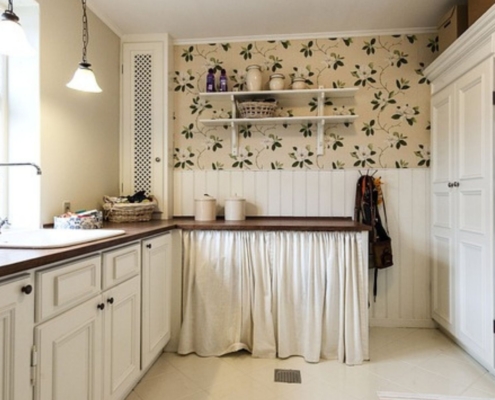The shared kitchen, a hub of activity, demands thoughtful management to ensure a harmonious living environment for housemates. From cleanliness standards to cooking schedules, creating a cooperative kitchen space involves clear communication and a shared commitment to maintaining order.
1. Cleanliness Standards:
- Daily Maintenance: Establishing a routine for daily cleaning ensures a consistently hygienic environment. A clean kitchen prevents conflicts and contributes to the overall well-being of housemates.
- Shared Supplies: Clearly communicating expectations for shared supplies, such as dish soap and cleaning products, avoids misunderstandings. Establishing a system for replenishing these items ensures fairness.
2. Cooking Schedules:
- Coordinated Meal Times: Coordinating meal times prevents overcrowding in the kitchen. Agreeing on specific times for cooking and sharing these schedules allows housemates to plan their meals without conflicts.
- Respecting Personal Spaces: Designating specific areas for personal food storage in the refrigerator and pantry prevents mix-ups. Respecting these designated spaces contributes to a smooth and organised kitchen experience.
3. Communication and Coordination:
- Open Dialogue: Encouraging open communication about kitchen preferences and concerns is vital. Regular discussions allow housemates to address issues promptly and create a positive atmosphere in the shared kitchen.
- Shared Calendar: Creating a shared calendar for kitchen-related activities, such as grocery shopping or deep cleaning sessions, fosters coordination. This ensures that everyone is on the same page regarding the kitchen’s maintenance.
4. Utensil and Appliance Use:
- Sharing Guidelines: Establishing guidelines for sharing utensils and appliances is crucial. Clear communication on borrowing items and promptly returning them contributes to a cooperative kitchen culture.
- Respecting Cooking Times: Being mindful of others’ cooking times and avoiding extended use of appliances during peak hours promotes a considerate and efficient kitchen experience for all housemates.
5. Conflict Resolution Protocols:
- Addressing Concerns Promptly: In a shared kitchen, conflicts may arise. Encouraging housemates to address concerns promptly and openly prevents issues from escalating, fostering a positive kitchen environment.
- Mediation Support: In cases where conflicts persist, having mediation protocols in place can be beneficial. Landlords or property managers may provide guidance, ensuring that kitchen-related issues are resolved amicably.
Navigating life in a shared kitchen involves setting cleanliness standards, coordinating cooking schedules, fostering open communication, establishing guidelines for utensil and appliance use, and having conflict resolution protocols in place. With a commitment to shared responsibility and clear communication, housemates can transform the shared kitchen into a space of culinary harmony.







